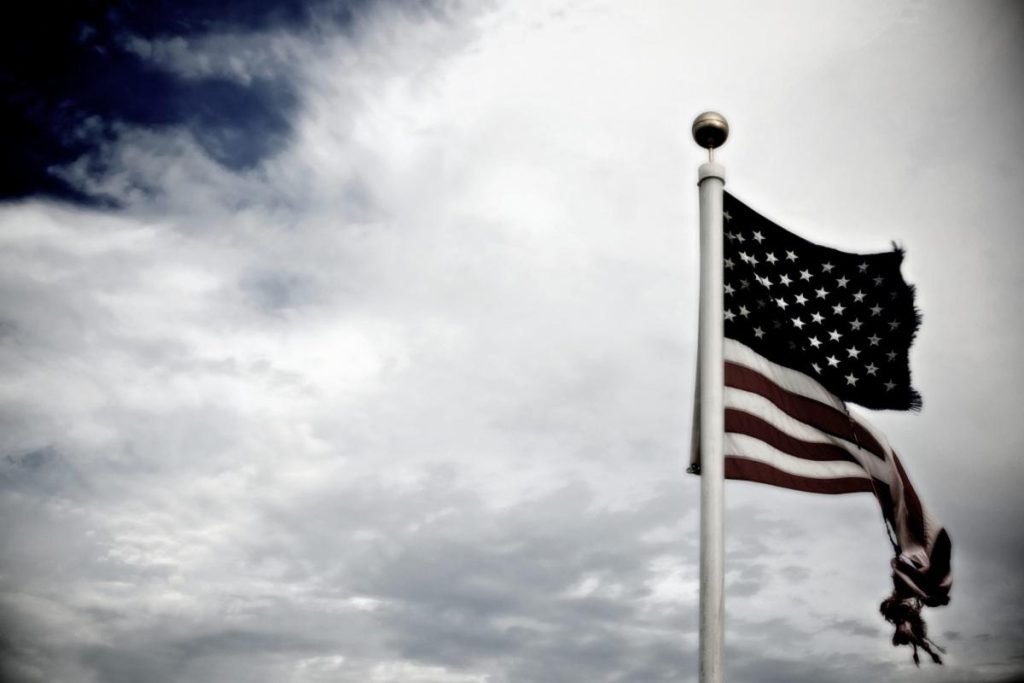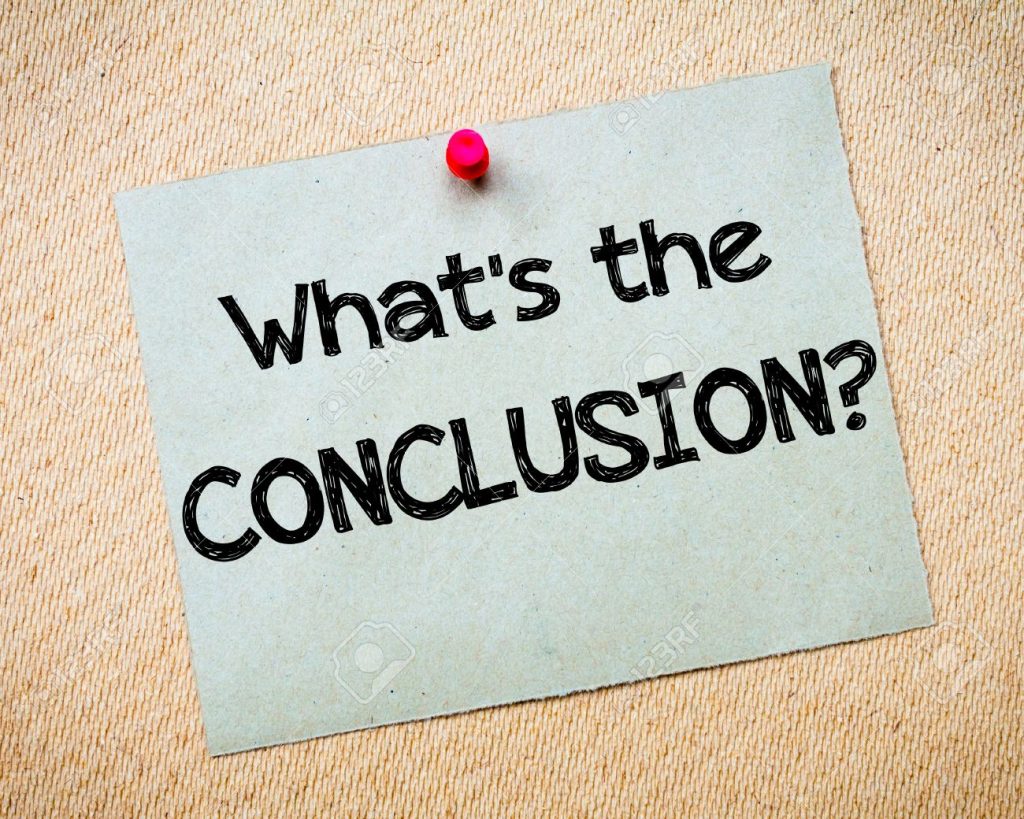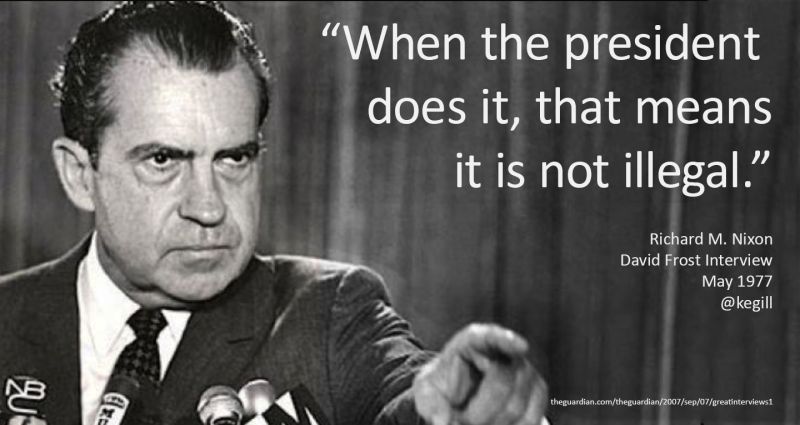As Ben Franklin said “We gave you a republic … if you can keep it”.

3 July 2024 (Washington, DC) — “It was the best of times, it was the worst of times, it was the age of wisdom, it was the age of foolishness, it was the epoch of belief, it was the epoch of incredulity, it was the season of light, it was the season of darkness, it was the spring of hope, it was the winter of despair”.
I’m not talking about the world, so much. Charles Dickens was talking more about my trip to the U.S. Having landed only on Sunday … yikes!! 😱
For the last few years I’ve had front row seats in Europe to watch the post-Cold War era get dismantled. And watch American democracy get dismantled from afar.
These are staggering milestones, with deep, deep ramifications. I have a long essay in progress to try and put all of this in perspective. More my the end of the summer.
Now back in the U.S. for a lengthy stay, it beggars belief so many Americans still do not see the sizable movement in this country that seeks to literally vote out democracy. This movement is fueled by a coordinated campaign on right-wing media and judicial activism. It exploits the frailties of American institutions. It weaponizes lies. And it leverages its fractured technologies to turn the very notion of “the truth” into a partisan attack lines. Too many of my American friends are still clinging with ten fingernails to the idea that their institutions are robust enough to withstand fascism. They are not.
And yesterday the U.S. Supreme Court certainly put paid to the notion of “robust institutions” – and made clear who is in charge of this country.
Yesterday I summarized how the U.S. Supreme Court became so corrupted, a process long in the making. But today I want to take a closer look at the Trump immunity decision, the court’s conservative majority voting 6-3 that presidents were protected from prosecution for official actions that extended to the “outer perimeter” of their office.
Yesterday afternoon and last night I had the opportunity to join 3 webinars plus the Poynter live group chat (18,000 dial-ins 😳) and the Lisa Lubin chat. They covered almost all aspects of the opinion.
I’ll start with the bigger picture, and then go granular.

Everyone agreed. The United States Supreme Court overthrew the central premise of American democracy: that no one is above the law.
It decided that the president of the United States, possibly the most powerful person on earth, has “absolute immunity” from criminal prosecution for crimes committed as part of the official acts at the core of presidential powers. The court also said it should be presumed that the president also has immunity for other official acts as well, unless that prosecution would not intrude on the authority of the executive branch.
This is a profound change to our fundamental law – “an amendment to the Constitution”, as historian David Blight noted. Writing for the majority, Chief Justice John Roberts said that a president needs such immunity to make sure the president is willing to take “bold and unhesitating action” and make unpopular decisions, although no previous president has ever asserted that he is above the law or that he needed such immunity to fulfill his role. Roberts’s decision didn’t focus at all on the interest of the American people in guaranteeing that presidents carry out their duties within the guardrails of the law.
But this extraordinary power grab does not mean President Joe Biden can do as he wishes. As legal commentator Asha Rangappa pointed out, the court gave itself the power to determine which actions can be prosecuted and which cannot by making itself the final arbiter of what is “official” and what is not. Thus any action a president takes is subject to review by the Supreme Court, and it is reasonable to assume that this particular court would not give a Democrat the same leeway it would give Trump.
There is no historical or legal precedent for this decision. The Declaration of Independence was a litany of complaints against King George III designed to explain why the colonists were declaring themselves free of kings; the Constitution did not provide immunity for the president, although it did for members of Congress in certain conditions, and it provided for the removal of the president for “high crimes and misdemeanors” – what would those be if a president is immune from prosecution for his official acts? The framers worried about politicians’ overreach and carefully provided for oversight of leaders; the Supreme Court smashed through that key guardrail.
Presidential immunity is a brand new doctrine. In February 2021, explaining away his vote to acquit Trump for inciting an insurrection, Senate Republican minority leader Mitch McConnell, who had also protected Trump in his first impeachment trial in 2019, said: “Trump is still liable for everything he did while he was in office. We have a criminal justice system in this country. We have civil litigation, and former presidents are not immune from being held accountable by either one”.
Constitutional scholar Heather Cox summarized these points:
• It was not just McConnell who thought that way. At his confirmation hearing in 2005, now–Chief Justice John Roberts said: “I believe that no one is above the law under our system and that includes the president. The president is fully bound by the law, the Constitution, and statutes.”
• In his 2006 confirmation hearings, Samuel Alito said: “There is nothing that is more important for our republic than the rule of law. No person in this country, no matter how high or powerful, is above the law”.
• And in 2018, Brett Kavanaugh told the Senate: “No one’s above the law in the United States, that’s a foundational principle. We’re all equal before the law. The foundation of our Constitution was that the presidency would not be a monarchy. The president is not above the law, no one is above the law”.
Now they have all changed that foundational principle for a man who, according to White House officials during his term, called for the execution of people who upset him and who has vowed to exact vengeance on those he now thinks have wronged him.
Over the past weekend, Trump shared an image on social media saying that former Republican Representative Liz Cheney, who sat on the House Select Committee to Investigate the January 6th Attack on the U.S. Capitol, was guilty of treason and calling for “televised military tribunals” to try her.
Legal and constitutional scholars illustrated what Trump’s newly declared immunity could mean. Political scientist Norm Ornstein pointed out that Trump could “order his handpicked FBI Director to arrest and jail his political opponents. He can order the IRS to put liens on the property of media companies who criticize him and jail reporters and editors.”
Legal analyst Joyce White Vance noted that a president with such broad immunity could order the assassination of Supreme Court justices, and retired military leader Mark Hertling wrote that he was “trying to figure out how a commander can refuse an illegal order from someone who is issuing it as an official act”.
Asha Rangappa said (and later detailed in her blog):
“According to the Court, a President could literally provide the leader of a hostile adversary with intelligence needed to win a conflict in which we are involved, or even attack or invade the U.S., and not be prosecuted for treason, because negotiating with heads of state is an exclusive Art. II function. In case you were wondering”. Trump is currently under indictment for retaining classified documents. She said: “The Court has handed Trump, if he wins this November, carte blanche to be a ‘dictator on day one,’ and the ability to use every lever of official power at his disposal for his personal ends without any recourse. This election is now a clear-cut decision between democracy and autocracy. Vote accordingly”.
Trump’s lawyers are already challenging Trump’s conviction in the election interference case in which a jury found him guilty on 34 counts. Over Trump’s name on social media (his media team writes most of his posts) a post said the decision was “BRILLIANTLY WRITTEN AND WISE, AND CLEARS THE STENCH FROM THE BIDEN TRIALS AND HOAXES, ALL OF THEM, THAT HAVE BEEN USED AS AN UNFAIR ATTACK ON CROOKED JOE BIDEN’S POLITICAL OPPONENT, ME. MANY OF THESE FAKE CASES WILL NOW DISAPPEAR, OR WITHER INTO OBSCURITY. GOD BLESS AMERICA!”
In a concurring opinion, Justice Clarence Thomas, whose wife was deeply involved in the effort to overturn the 2020 presidential election, also took a shot at the appointment of special counsels to investigate such events. Thomas was not the only Justice whose participation in this decision was likely covered by a requirement that he recuse himself: Alito has publicly expressed support for the attempt to keep Trump in office against the will of voters. Trump appointed three of the other justices granting him immunity – Neil Gorsuch, Brett Kavanaugh, and Amy Coney Barrett – to the court.
In a dissent in which Justices Elena Kagan and Ketanji Brown Jackson concurred, Justice Sonia Sotomayor wrote that because of the majority’s decision, “the relationship between the President and the people he serves has shifted irrevocably. In every use of official power, the President is now a king above the law”. She continued:
“Never in the history of our Republic has a President had reason to believe that he would be immune from criminal prosecution if he used the trappings of his office to violate the criminal law. Moving forward, however, all former Presidents will be cloaked in such immunity. If the occupant of that office misuses official power for personal gain, the criminal law that the rest of us must abide will not provide a backstop. With fear for our democracy, I dissent”.
And the Court has decimated the major case against Trump …
 Notes from Lisa Rubin webinar and Twitter chat:
Notes from Lisa Rubin webinar and Twitter chat:
You might be hearing that a president still could be prosecuted even for official acts if the presumption of immunity is rebutted. But that ignores three more granular features of the opinion that are akin to prosecutorial roadblocks.
First, the bar to rebut that presumption is high. The court says the question to ask is whether prosecuting the official act in question “would pose any dangers of intrusion on the authority and functions of the Executive Branch”.
Second, the government can never use evidence of official acts that don’t clear that bar. Put another way, if it can’t be charged, it can’t come in, even to inform the jury’s understanding of a president’s knowledge or intent.
And third, in determining what is and is not official, courts cannot consider a president’s motive or purpose. A president raids the home of a political rival because of their beef, not because of any legitimately suspected criminal activity? The beef is irrelevant legally.
The decision forces Jack Smith and future prosecutors to do their jobs with both hands tied behind their backs even as to the small slice of conduct that might be fair game. And that, in and of itself, is not fair game at all.
Moreover, before even getting to the divide between official and unofficial acts, the court confers absolute immunity for the president’s “exercise of his core constitutional powers”. Don’t sleep on that either; we’ll see plenty of litigation ahead about what’s in that bucket.
So in summary, despite the possibility of prosecuting a president for official acts if immunity is rebutted, three significant hurdles exist: a high rebuttal bar, exclusion of evidence failing this bar (even to show intent), and inability to consider presidential motives. These restrict prosecutors severely, impacting fairness.
This decision also means that the impeachment clause of the Presidency is gone. There is no longer high crimes and misdemeanors as the basis of impeachment.
So the Court didn’t just put their thumb on the scale to help Trump. They put their whole hand on it.
And I truly believe that Justice Thomas, inserting his jibe about Jack Smith “not being legally appointed”, wrote Federal Court Judge Cannon’s justification to dismiss the documents case. That will then work its way up to the Supreme Court, too. That is exactly how The Federalist Society works 😈.

After reading the opinion several times, I am convinced that the opinion itself is unconstitutional.
And Nixon is finally exonerated.
